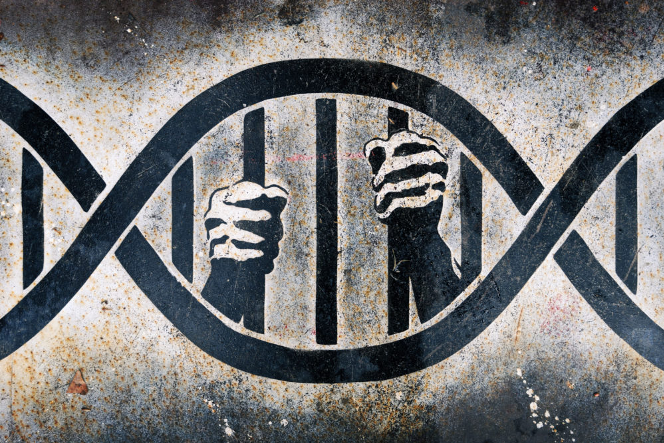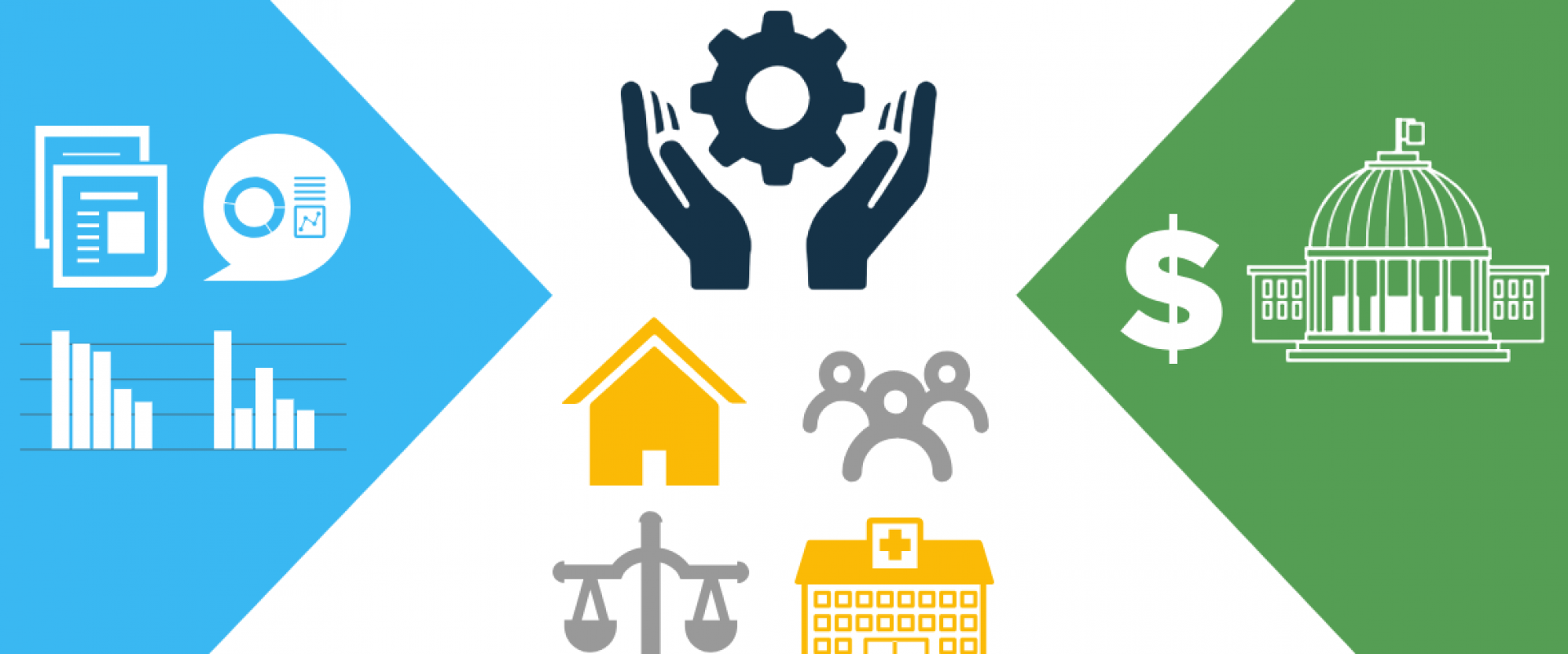
Strictly Speaking: The Argument for Holding States Strictly Liable in Wrongful Conviction Suits
March 9, 2020Archives . Authors . Blog News . Certified Review . Feature . Feature Img . Issue Spotters . Notes . Policy/Contributor Blogs . Recent Stories . Student Blogs Article(Source) The wrongfully convicted are an oft overlooked demographic of the American population because society views wrongful convictions as rarely occurring. But in fact, the numbers are quite staggering. The number of people exonerated in the last 30 years due to actual innocence? 2,500. The combined number of years unnecessarily spent in prison? 22,315.

Ignoring Policy, History, and Humanity: ICE Continues to Deport Veterans
March 7, 2020Archives . Authors . Blog News . Certified Review . Feature . Feature Img . Issue Spotters . Notes . Policy/Contributor Blogs . Recent Stories . Student Blogs Article(Source) In November 2019, a group of non-citizen veterans of the United States Military (military) celebrated Veterans Day in Mexico. Many of these individuals enlisted in the military after President George W. Bush signed an executive order fast-tracking citizenship for individuals willing to serve. However, they never officially became citizens and continue to remain vulnerable

Do Not Access – Is Law Enforcement Access to Commercial DNA Databases a Substantial Privacy Concern?
March 3, 2020Archives . Authors . Blog News . Certified Review . Feature . Feature Img . Issue Spotters . Notes . Policy/Contributor Blogs . Recent Stories . Student Blogs Article(Source) The use of forensic genetic genealogy (FGG) as an investigative tool for law enforcement has become, “if not exactly routine, very much normalized.” The normalization is in large part due to law enforcement’s use of FGG to identify and arrest the Golden State Killer. The April 2018 arrest gained national recognition, and subsequently, so

Student Loans: An Evolving Balancing Act of Public and Private Lenders
February 28, 2020Archives . Authors . Blog News . Certified Review . Feature . Feature Img . Issue Spotters . Notes . Policy/Contributor Blogs . Recent Stories . Student Blogs Article(Source) As the political circuit heats up, politicians have acknowledged the public’s growing concern for the student debt crisis. The issue has taken center stage, especially among millennial voters, as collective student debt in the United States has hit $1.5 trillion—becoming one of the largest consumer debt categories. The rise of student debt parallels

An Examination of Compensation Following Wrongful Convictions
February 24, 2020Archives . Authors . Blog News . Feature . Feature Img . Issue Spotters . Notes . Policy/Contributor Blogs . Recent Stories . Student Blogs Article(Source) As mass incarceration continues to plague the United States criminal justice system, improved technology and evidence-gathering techniques seek to identify and exonerate the wrongfully convicted. Those accused of a crime may be wrongfully convicted for a variety of reasons such as eyewitness misidentifications, coerced false confessions, faulty forensics science, incompetent public defenders, and suppression

Federal Support for Pay-For-Success
February 2, 2019Archives . Authors . Blog News . Certified Review . Recent Stories . Student Blogs ArticleWill SIPPRA better the SIB model?]

SIBs as the Emergence of Philanthropic Venture Capital
February 2, 2019Archives . Authors . Blog News . Certified Review . Recent Stories . Student Blogs ArticleSocial impact bonds? Win-win or philanthropic venture capital?

Keeping I.C.E. Safe in a Privately-Owned Freezer: Using Trespass Law to Circumvent First Amendment Protest Protections
December 22, 2018Archives . Authors . Blog News . Certified Review . Recent Stories . Student Blogs ArticleThe First Amendment protects the ability to engage in free speech, including protest, in public forums, government owned spaces like parks and sidewalks, provided that protesters do not interfere with movement or block access. In order to limit speech that takes place in such a manner, the government must narrowly tailor their restrictions on speech to serve a

Federalizing Privacy Rights: How Tech Giants Went From Protesting Privacy Laws to Supporting Them
December 22, 2018Archives . Authors . Blog News . Certified Review . Feature . Feature Img . Recent Stories . Student Blogs ArticleIn an impassioned speech in Brussels this October, Tim Cook, the CEO of Apple, threw his weight behind a federal privacy law, denouncing the data collection practices engaged in by his fellow technological giants such as Google and Facebook. While it is not new for tech companies to push for stronger privacy laws, the renewed impetus for the movement

Choose Your Battles: Why Standing for Non-Human Animals May Not Protect Them
November 24, 2018Archives . Authors . Blog News . Certified Review . Feature . Feature Img . Recent Stories . Student Blogs Article….animal advocates should focus on changing the substantive law protecting animals—the procedural law should be much less of a focus.